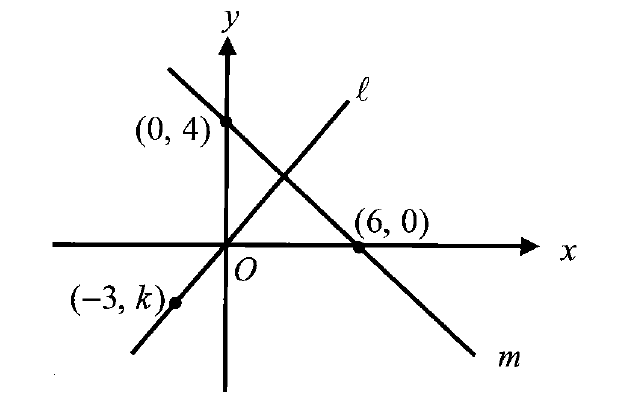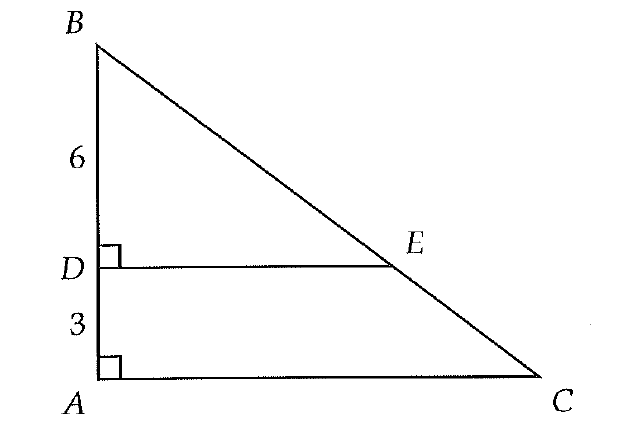PROPERTIES OF SUBTRACTION OF INTEGERS
In Math, the whole numbers and negative numbers together are called integers. The set of all integers is denoted by Z.
Z = {... - 2, - 1,0,1,2, ...}, is the set of all integers
Here, we are going to see the following the three properties of subtraction of integers.
(i) Closure property
(ii) Commutative property
(iii) Associative property
Closure Property of Subtraction of Integers
Observe the following examples:
(i) 12 - 5 = 7
(ii) 5 - 12 = -7
(iii) (-18) - (-13) = -18 + 13 = -5
(iv) (-13) - (-18) = -13 + 18 = 5
(v) (-18) - 13 = -18 - 13 = -31
(vi) 18 - (-13) = 18 + 13 = 31
From the above examples, it is clear that subtraction of any two integers is again an integer.
In general, for any two integers a and b, a - b is an integer.
Therefore, the set of integers is closed under subtraction.
Commutative Property of Subtraction of Integers
Consider the integers 7 and 4. We see that
7 - 4 = 3
4 - 7 = - 3
Therefore, 7 - 4 ≠ 4 - 7
In general, for any two integers a and b
a - b ≠ b - a
Therefore, we conclude that subtraction is not commutative for integers.
Associative Property of Subtraction of Integers
Consider the integers 7, 4 and 2
7 - (4 - 2) = 7 - 2 = 5
(7 - 4) - 2 = 3 - 2 = 1
Therefore, 7 - (4 - 2) ≠ (7 - 4) - 2
In general, for any three integers a , b and c
a - (b - c) ≠ (a - b) - c.
Therefore, subtraction of integers is not associative.
Kindly mail your feedback to v4formath@gmail.com
We always appreciate your feedback.
©All rights reserved. onlinemath4all.com
Recent Articles
-
Digital SAT Math Problems and Solutions (Part - 106)
Feb 04, 25 08:16 AM
Digital SAT Math Problems and Solutions (Part - 106) -
SAT Math Resources (Videos, Concepts, Worksheets and More)
Feb 04, 25 08:15 AM
SAT Math Resources (Videos, Concepts, Worksheets and More) -
Digital SAT Math Problems and Solutions (Part - 107)
Feb 04, 25 08:11 AM
Digital SAT Math Problems and Solutions (Part - 107)

